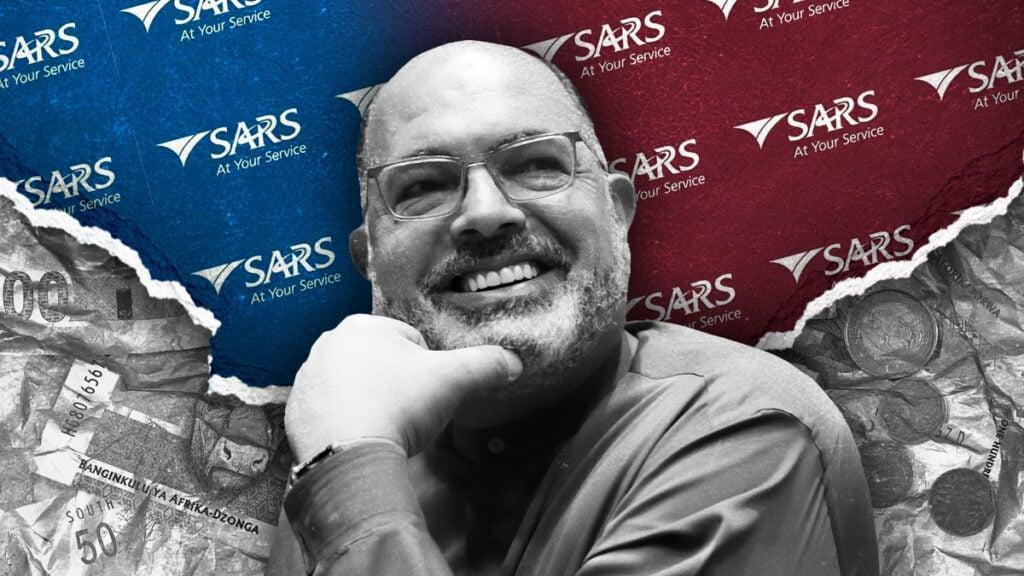Africa-Press – South-Africa. Approximately R267 billion of South Africa’s R1.1 trillion tax revenue from personal income tax (PIT) and value-added tax (VAT) comes from government employees and grant recipients.
This is significant as it means that a substantial percentage of South Africa’s tax revenue is money the government dishes out and then takes back a cut.
Simply put, the government collects tax revenue, gives some of that tax revenue to state employees and grant recipients, and then collects a part again through PIT and VAT.
This is why many economists and financial experts believe that government employees should not pay personal income tax.
It is inefficient and wastes money to pay government employees using tax collections, only to tax their income and put it back into the fiscus.
There is even an argument to be made that grant recipients and government employees should not pay VAT. However, the complexity and potential fraud make this unfeasible.
To understand the magnitude of tax money which is given to government employees and social grant recipients and then collected again, one must look at the state’s finances.
According to the national budget, R762 billion was paid to government employees in the 2024/25 financial year.
Over the same period, SARS collected R1.1 trillion from taxpayers through personal income tax (PIT) and value-added tax (VAT).
According to the South African Revenue Service (SARS), the effective personal income tax rate for the 2024 financial year was 21.3%.
Applying this rate to the government compensation bill shows that government employees were responsible for R162 billion of personal income tax.
This means that government employees are responsible for 25% of all personal income tax received by SARS.
The situation with VAT is even more pronounced, as it includes government employees and grant recipients. The numbers show this conundrum.
After PIT is subtracted from the public compensation bill, the remaining funds can be viewed as government employees’ disposable income.
Assuming government employees spend 90% of their disposable income, the VAT payable on their consumption would be R81 billion.
Assuming that grant recipients spent 60% of their money on VAT items, they are responsible for R24 billion in VAT tax receipts.
This means that government employees and social grant recipients are responsible for around 23% of all VAT receipts, while private consumption accounts for 77%.
Therefore, social grant recipients and government employees account for roughly R267 billion of the combined R1.1 trillion tax revenue received from PIT and VAT.
Personal income tax
Total Personal Income Tax in 2024R651,400,000,000100%Private Employee Personal Income Tax 2024R488,988,565,00075%Government Employee Personal Income Tax 2024R162,411,435,00025%
Value-added tax
Total VAT Receipts 2024R447,600,000,000100%VAT Receipts on Private Consumption 2024R342,576,718,72577%VAT Receipts on Government Employee Consumption 2024R81,011,281,27518%VAT Receipts on Social Grant Recipient Consumption 2024R24,012,000,0005%
For More News And Analysis About South-Africa Follow Africa-Press






